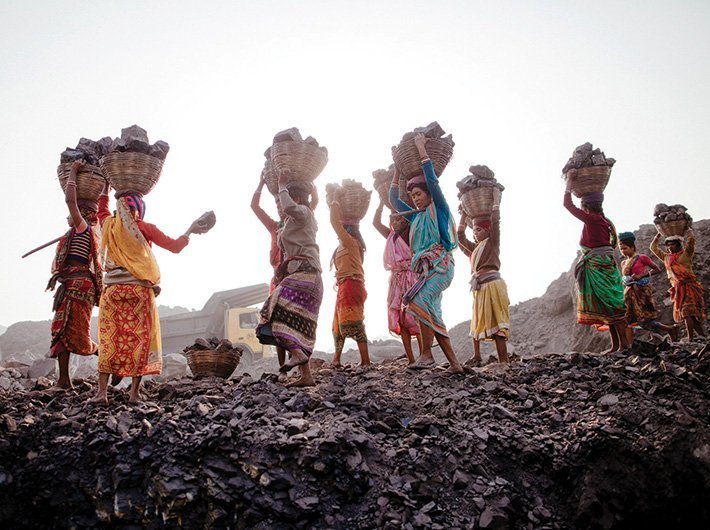There will be a sunset date for all schemes and an outcome review will be carried out
GN Bureau | July 24, 2017

The global Media & Entertainment (M&E) industry is on the brink of a major transformation as it marches toward 2030. International revenues are projected to reach $3.5 trillion by 2029, driven by a 3.7% CAGR between 2024 and 2029. This growth will be powered by the dominance of digital advertising,
We proudly describe our nation as a land of Unity in Diversity. We have long celebrated our civilization based on plurality, where differences have been seen, not as threats but as expressions of a greater unity. From Kashmir to Kanyakumari, we rejoice our innumerable languages, castes, creeds, an
Steven Pinker’s latest major work, ‘When Everyone Knows That Everyone Knows...: Common Knowledge and the Mysteries of Money, Power, and Everyday Life’, is an intellectually thrilling expedition into the heart of human society. Its core argument is that the secret to understanding why mark
A Genome-Wide Association Study (GWAS) conducted by the Centre for Cancer Epidemiology (CCE) of the Advanced Centre for Treatment, Research and Education in Cancer (ACTREC) at the Tata Memorial Centre here has uncovered critical gen
50 Years of the Indian Emergency: Lessons for Democracy Edited by Peter Ronald deSouza and Harsh Sethi Orient BlackSwan, 338 pages, Rs 1025
The climate crisis is no longer a peripheral debate but a central determinant of economic resilience, particularly for emerging economies like India. Much like a grandmaster sitting before a 64-square battlefield, policymakers and market actors are compelled to strategize in advance, balancing short-term s

